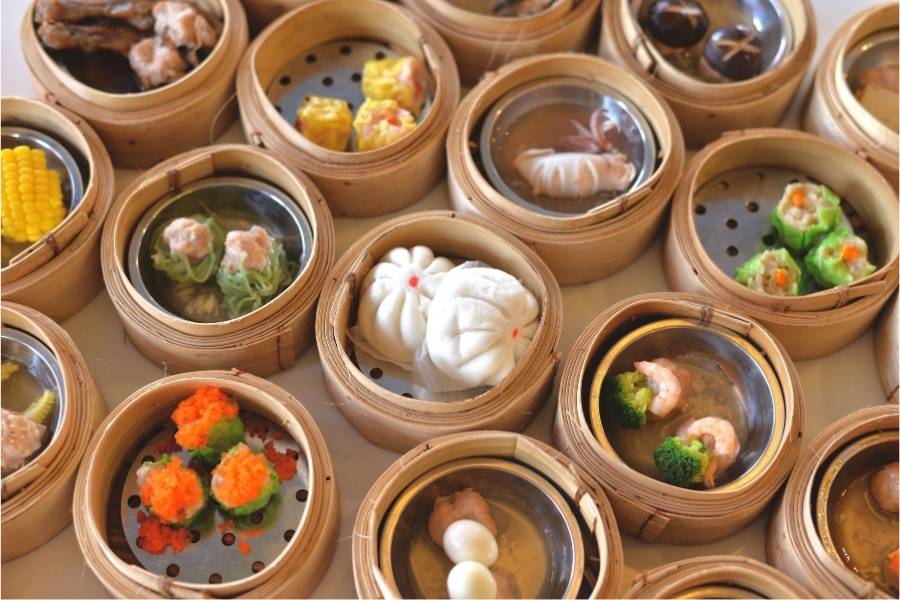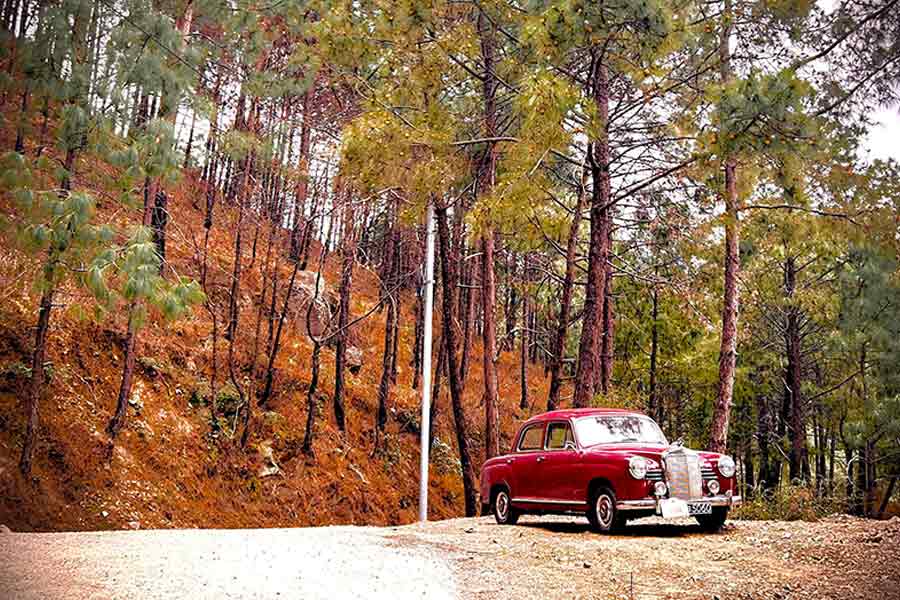 Thursday, 05 February 2026
Thursday, 05 February 2026
 Thursday, 05 February 2026
Thursday, 05 February 2026
I have a question for the hearts beating for the poor patients dependent on government hospitals for any health crisis big or small: When was the last time they went to a public hospital to deal with a medical emergency?
The question is personal.
On 10th March 2023, I had to make a hasty return to Calcutta from Delhi. My father, then approaching 80 with a pacemaker attached since 2005 and two legs fractured in a previous accident that left him with permanent scars, metal plates screwed to the bones and a limp, had hurt his knee in a freak accident two nights before.
Those with medical insurance who can afford a big private hospital or even a small nursing home cannot understand what it means to get treated at a government hospital without any connections.
Yes connections can open the doors of the most prized wards in Calcutta, unlike in Mumbai and Chandigarh.
That day on returning to Calcutta and through multiple visits over the next few days to Bengal’s premier government hospital SSKM, I realised why people always complained about the government hospitals being over-crowded.
It is physically impossible to get any treatment started at any government hospital, unless you have an army of family, friends and neighbours with you.
I had none of it.
The private ambulance that drove past Jessore Road, VIP Road, the Maa flyover and finally at the old Presidency General Hospital – the old red brick façade had a coat of customary blue and white paint – would not wait.
Right at the entrance – opposite the Emergency department – was a row of trolley stretchers. There were no wheelchairs. I had to use a trolley stretcher. But I couldn’t just pick up any. First I had to produce my father’s Aadhaar card and get a chit of paper. The Aadhaar card remained with the man in charge of issuing the trolley stretchers.
I entered the Emergency, while my father writhed in pain on the thin metal bed. That day of early March was particularly hot with the sun blazing unusually for that time of the year.
In between I made two calls, both to journalists. One now stationed in Delhi, who knew someone at the SSKM Hospital’s Emergency department, and asked for his help. The other reporter was at the state Assembly and requested a minister if he could pull some strings. The minister did make a call in-between the day’s Assembly session, but the strings for some reasons could not be pulled.
Nineteen years ago, when my father required a pacemaker, I had him moved to the same hospital from a private healthcare facility in South Calcutta, since the surgery and the cost of the machine was affordable at the state’s premier hospital. That September afternoon, too, outside the cardiology department, the private ambulance was parked with my father sweating inside.
The surgeon was unreachable, busy with a procedure, and none of the Group-D staff paid much attention to me. I went for the last resort and called up a Trinamul leader who controlled the union at the SSKM Hospital even while the Left Front was in power. Five minutes after the call a house staff came rushing with two Group-D staff and he was inside a cabin. The surgery took place later that afternoon.
This time around, in 2023, the Trinamul leader was not available.
The first question directed at me at the Emergency – by the Delhi-based journalist's acquaintance – was, have you come alone? I said yes. He said, oh no. We had to go to the Trauma department for an X-ray to be done, which is at the other end of the hospital. The doctor using his limited powers made a Group-D staff member appear and told him to take us to the trauma department. With much reluctance the man agreed.
My father was still outside on the trolley stretcher, with not even a pillow under his head.
Between the Emergency and the Trauma unit, the road inside the hospital was teeming with children, men and women, many among them pregnant, and their relatives waiting in one of the many queues seen at government hospitals. I pushed and that Group-D worker pulled the trolley stretcher wading through the crowd. There were people everywhere, at every time of the day. In the queues, under the trees, outside the counters, departments. There is no avoiding crowds at the government hospitals.
Where the Group-D staff member took us was not the department that we were required to go. We argued for a while, but he could not wait any longer. He left. The Trauma department that we had to go to was in the next building, with an incline leading to the door.
I was alone. Seeing me pull the trolley stretcher alone on the incline, a stranger offered help. We went inside, the X-ray was done, we collected the report and plates and met the doctor.
My father could not be admitted then and there. According to the surgeon at the Orthopedic department, who was recommended by another friend, he needed a planned surgery after some tests and a pre-anaesthesia check-up or PAC.
The next day I texted the friend: “How will I take him to the OPD? He can’t walk and government hospitals don’t have wheelchair assistance?”
She replied: “How can that be? A hospital can’t function without a wheelchair.”
I don’t know about other departments, but at the Emergency or anywhere else I could not spot a single wheelchair or any patient on a wheelchair.
“You will believe only when you see the conditions. Stretchers have to be carried by patients’ family members. I had to drag him across the hospital premise all alone. I couldn’t spot a single wheelchair.”
On 16th March 2023, I went to SSKM again, this time with the pathology and ECG reports. By the time I was done with showing all the reports at the Orthopaedic department, the Anaesthesia department had shut for the day. The reports have to be submitted at the Anaesthesia department by 12 noon. I had missed the deadline.
The next morning, when I reached the hospital, there already was a huge queue and it barely moved. People squatted on the ground waiting for the support staff to collect the reports. Finally at 12.06 pm on 17th March I could submit the report.
At 1.53 pm, I received a text from an acquaintance – I had a meeting scheduled that afternoon with him and a Mumbai-based production house – enquiring about my situation.
“Darja theke teen haat dure [Ten steps away from the door],” I replied. There still were seven to eight people ahead of me in the queue. Some more tests were recommended.
I walked out of SSKM at 2.26 pm that afternoon. In more than a year now I haven’t been to the state’s premier hospital.
Between August last year and April this year Kakoli De, of Baghajatin, had to visit the SSKM hospital for the treatment of her uncle three to four times a week.
“About the treatment procedure we are very happy. The attending doctors helped a lot. But, my uncle needed to be taken to the operation theatre. The family members had to pull the trolley. Attendants would not be there. Finding male nurses/attendants is difficult and expensive. The one we arranged for him did not take much care. Then family members have to stay at the hospital. For someone without immediate or extended family members, the situation becomes difficult,” she told The Telegraph Online.
“At the counters, whether to get any token or ask a question or to buy medicines it may take two to three hours. The patient cannot be left alone, which another person has to be brought along. Without two or three people it is extremely difficult to manage at the government hospitals.”
Another visitor to SSKM Hospital recalled how the attached toilet in the cabin which was being used by a lung cancer patient was prone to getting flooded as the drain was perennially clogged.
And this was one of the better wards of the hospital.
The patient, who has since passed, was a senior musician, an influential part of the early days of contemporary Bangla rock music. Hence, he was being treated there under the aegis of the government during 2023-24.
"His wife, who is usually the last one to complain about anything, was explaining how she takes over an hour to use the washroom as the water simply refuses to drain. It was a problem especially when she needed to help her ailing husband take wash, etc," the visitor recalled the conversation.







